
Majority of web services and mobile APIs are unsecure
More than 60 percent of web services, or mobile app APIs have at least one high-risk vulnerability, which can potentially lead to a compromised database. Those are the results of a new and comprehensive report by High-Tech Bridge, summing up the trends in web security for the past six months.
The report also says that in case a website is vulnerable to cross-site scripting (XSS), it is also vulnerable to other critical flaws, in at least 35 percent of cases. Other vulnerabilities include SQL injection, XXE or improper access control.
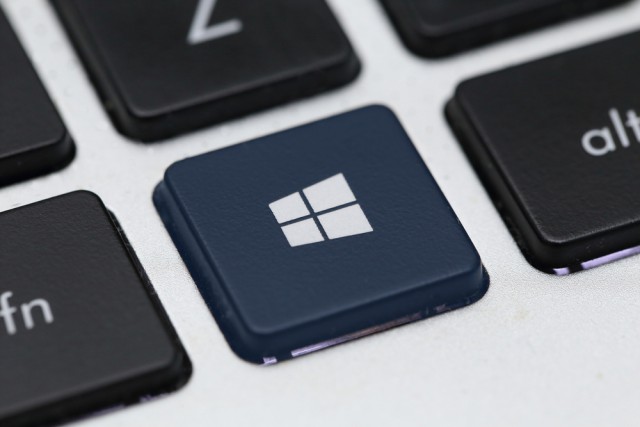
Windows 10 Insider Preview Build 14361 for PC and Mobile now available in the Fast ring
It’s been a couple of weeks since we last had a new Windows 10 Insider Preview build released to the Fast ring, but today the wait is over as new Windows Insider chief Dona Sarkar has pushed the button to roll out Build 14361 for both PC and Mobile.
This new release includes new features, some improvements to existing features, and plenty of fixes. The release date for the big Windows 10 Anniversary Update is edging ever nearer, so the quest is on to fix as many problems as possible before then.

CORSAIR unveils Neutron Series XTi SATA SSD with capacities up to 1,920GB
While warm weather is finally here, and many of our days will soon be filled with outdoor activities, the sunshine and fresh air can get a bit tedious. As a computer nerd, I like to balance my trips to the beach with both gaming sessions and PC builds in my dingy basement.
If you are planning to build a new PC this summer -- or upgrade your existing machine -- there are a lot of amazing new components available. As a prime example, today, CORSAIR announces its new Neutron Series XTi line of solid state drives. Since it uses a traditional SATA interface, compatibility is high, but speeds are lower than the newer NVMe offerings. The really cool aspect, however, is the monstrous top capacity of 1,920GB -- damn near 2TB!
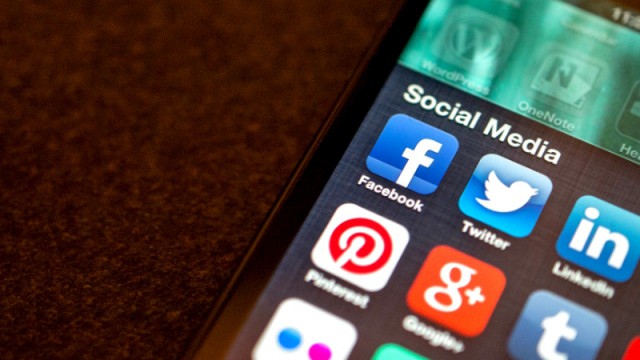
People spend less time on social networks
The amount of time people spent in apps of social media networks in the first three months of 2016, in nine major countries in the world, has dropped "dramatically", a new report by digital market intelligence company SimilarWeb says.
Facebook, Twitter, Instagram and Snapchat have all seen significant drops in the amount of time people in the US, UK, Germany, Spain, Australia, India, South Africa, Brazil and Spain have spent in Q1 2016, compared to the same period a year before.

New breed of 'super hunters' earn thousands from bug bounty programs
With data breaches still making headlines and security teams facing increased pressures it's not surprising that companies are looking for innovative ways to find flaws in their systems.
Crowdsourced security specialist Bugcrowd has released the results of its second annual State of Bug Bounty Report which shows that the number of bug bounty programs hosted on its platform is up by an average of 210 percent year on year since January 2013.

More than half of enterprises believe cloud apps are as secure as on-premise
In the past there's tended to be a perception that running applications in the cloud is less secure than keeping them in-house.
However, a new study by data protection company Bitglass suggests that this view is changing as cloud apps mature. 52 percent of organizations are now confident that cloud apps are as secure as premises-based apps, up from 40 percent a year ago.

Connected cars take data security concerns in new directions
Modern-day computers began trickling into the auto industry with cars like the 1971 Chrysler Imperial, which was one of the first to offer anti-lock brakes controlled by an electronic sensor system. Some 45 years later, the growth in computer-based car technology shows no signs of stopping. A number of Chevy vehicles, for instance, will provide you with a standard mobile Wi-Fi hotspot and 4G LTE connectivity for less than $20,000. And for folks who can afford a Tesla, that brand's "Autopilot" nearly lives up to its name. But as we've seen in other fields, as the potential benefits of connectivity increase, so does the potential for cybercrime.
Consider something as basic as mobile Wi-Fi. While Chevy is the only mainstream brand to supply that technology with 4G connectivity right now, a growing number of premium brands offer it, and a growing number of customers want it. Yet while mobile Wi-Fi gives you the same kind of online access as you'd get at your home or office, it also opens you up to all the same security issues you face there, from worries about passwords and personal data being captured, to concerns over the automakers' own security protocols.

Motion Stills helps you create GIFs from Live Photos
If you like taking Live Photos with your iPhone then you probably want to share those moments with other folks. One of the best ways that you can do that is by converting your Live Photos to GIFs, so that everyone can enjoy them even if they do not have an iOS device or Mac.
By now there are loads of apps that let you do that, but Google believes that there is room for one more. So, its Research arm has introduced Motion Stills, which has a neat little trick up its sleeve.

New enterprise collaboration platform uses social network technology
There are lots of business collaboration tools on the market, but a new offering from UK-based Connectik aims to combine productivity features with the ease of use of a social network.
Connectik's newly launched hub allows enterprises to create a social network with their customers, staff and business partners, while also serving as an internal collaboration and productivity tool.
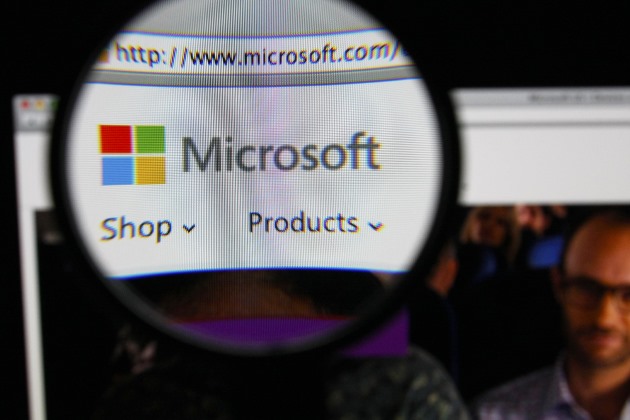
Microsoft will increase commitment on Apache Spark
Microsoft is preparing to increase its commitment to the open-source Apache Spark big-data processing engine this week at the Spark Summit in San Francisco.
At the summit, officials from Microsoft will be offering further insight into its support for Spark with the company’s HDInsight, Cortana Intelligence Suite, Power BI and Microsoft R Server.

Opera 38 unveils battery saver feature for laptops, promises reduced power consumption
Just one month on from the previous stable release, Opera Software has released Opera 38 FINAL. The latest release of this desktop browser for Windows, Mac and Linux has one major headline of note: new battery and power saver features for laptops.
The new build also refines the app’s ad-blocking tool by allowing users to import their own block lists, plus makes several minor Speed Dial improvements.
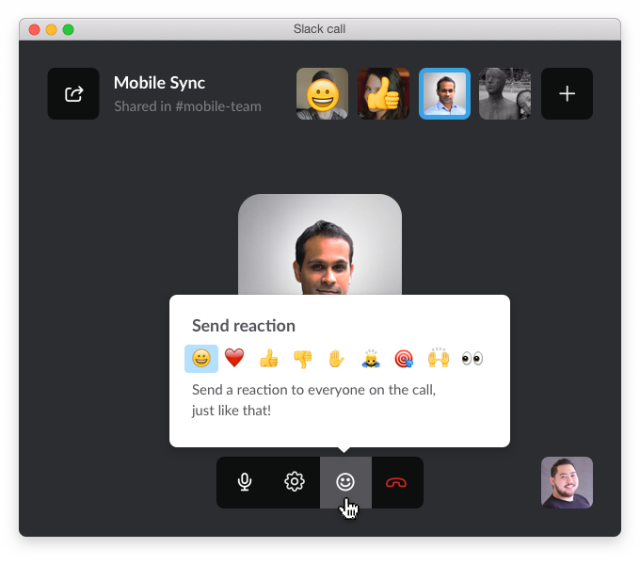
Slack gets voice calling
Slack is one of the best communication tools for teams and it is fair to say that we are big fans of it. We use it every day to chat and share ideas for new stories but also to transfer files. And pretty soon we might start calling each other.
After beta testing the feature for the last couple of months in private, Slack is now officially rolling out voice calling. It is planned to reach users on both desktop and mobile apps, though its capabilities will be limited by their plan.

Build, record and broadcast presentations with CyberLink PresenterLink+
CyberLink has unveiled the first public beta of CyberLink PresenterLink+, a simple tool for building presentations, running them locally, or broadcasting via common video conferencing services. The program is stripped back and extremely easy to use. Import one or more PowerPoint decks (if PowerPoint is installed locally) or images, rearrange as needed, and you can be ready to go within minutes.
Presentation tools allow annotating slides, quickly jumping to other slides out of sequence, sharing and annotating your desktop, adding your webcam as a PiP overlay, and switching to a projector or another monitor.
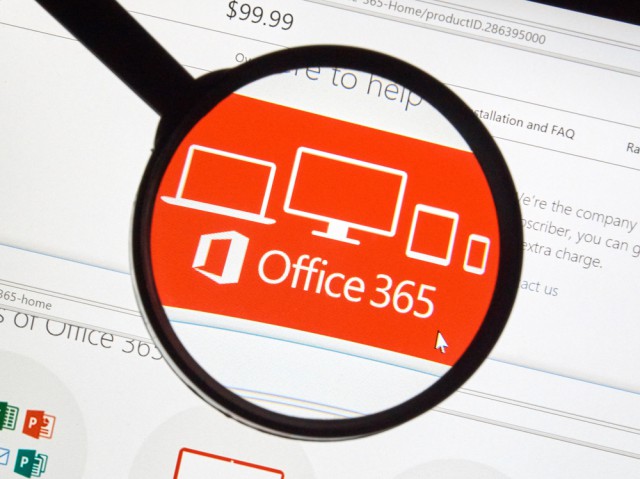
Microsoft introduces project management tool for Office 365
To help its users stay on task and manage their assignments more easily, Microsoft has just launched a new project management tool for teams using Office 365 called Planner.
The company initially released a preview of its new tool in December 2015 and now it will begin rolling it out worldwide to all Office 365 users including those using Office 365 Enterprise E1-E5, Business Essentials, Premium and even its Education subscription plan.

New platform enables faster delivery of smart apps
New technologies like big data and machine learning are beginning to revolutionize business, but they place increasing demands on the technical expertise needed to exploit them.
Development platform Mendix is launching its latest version, Mendix 7, that will allow businesses to build Smart Apps to improve operations, deliver differentiated services and create new business models.



